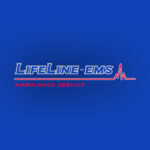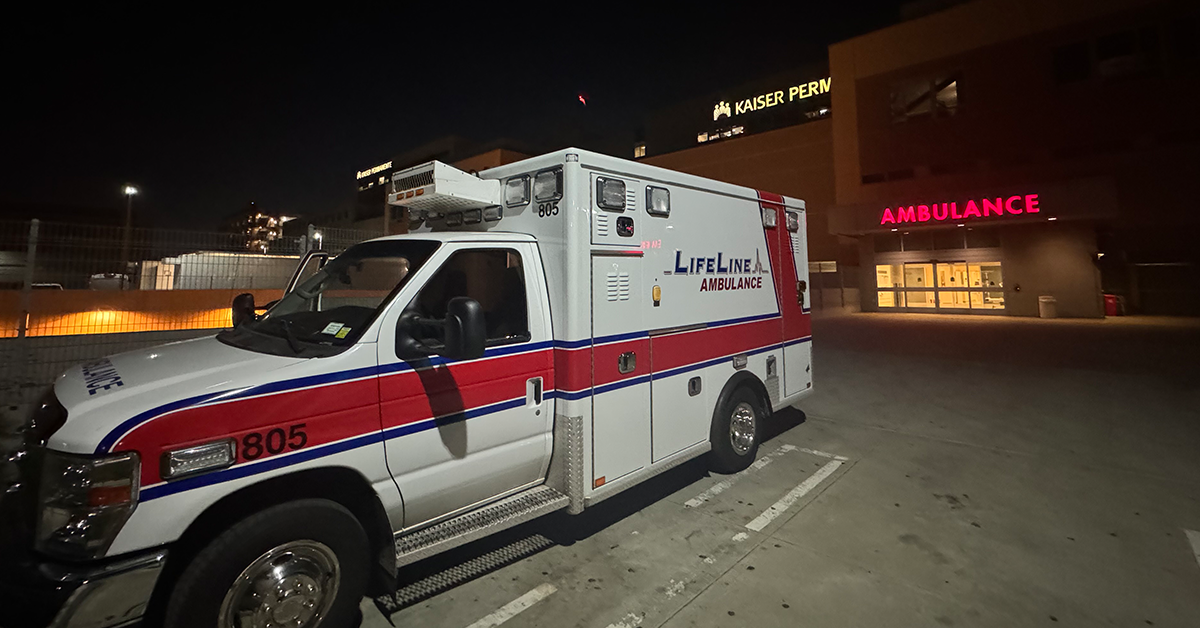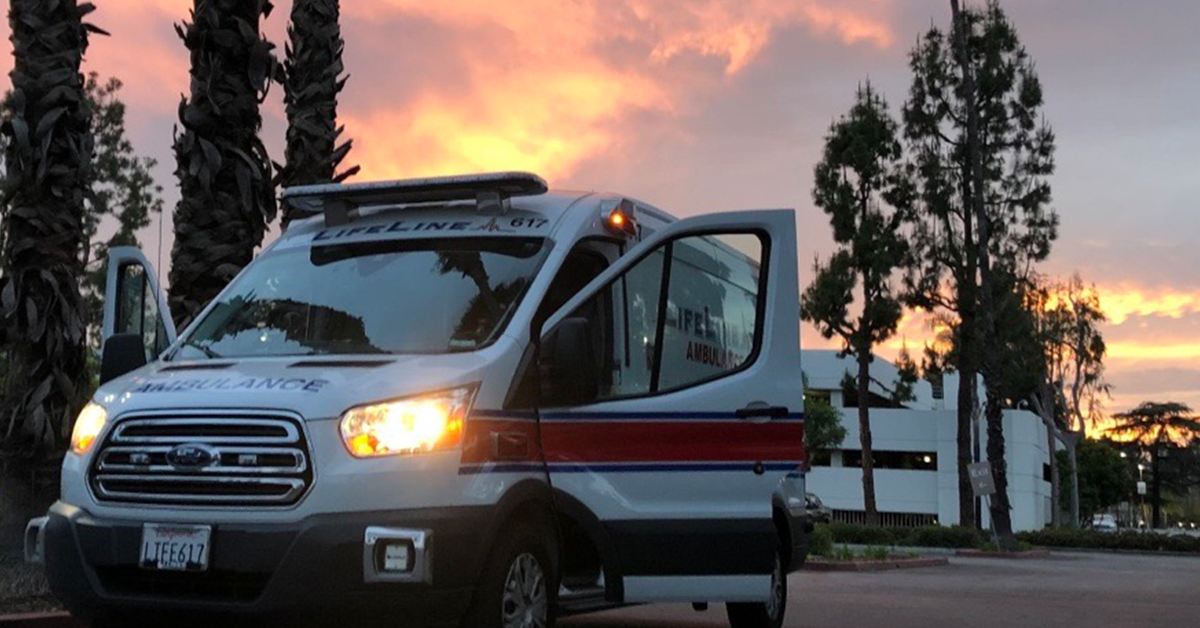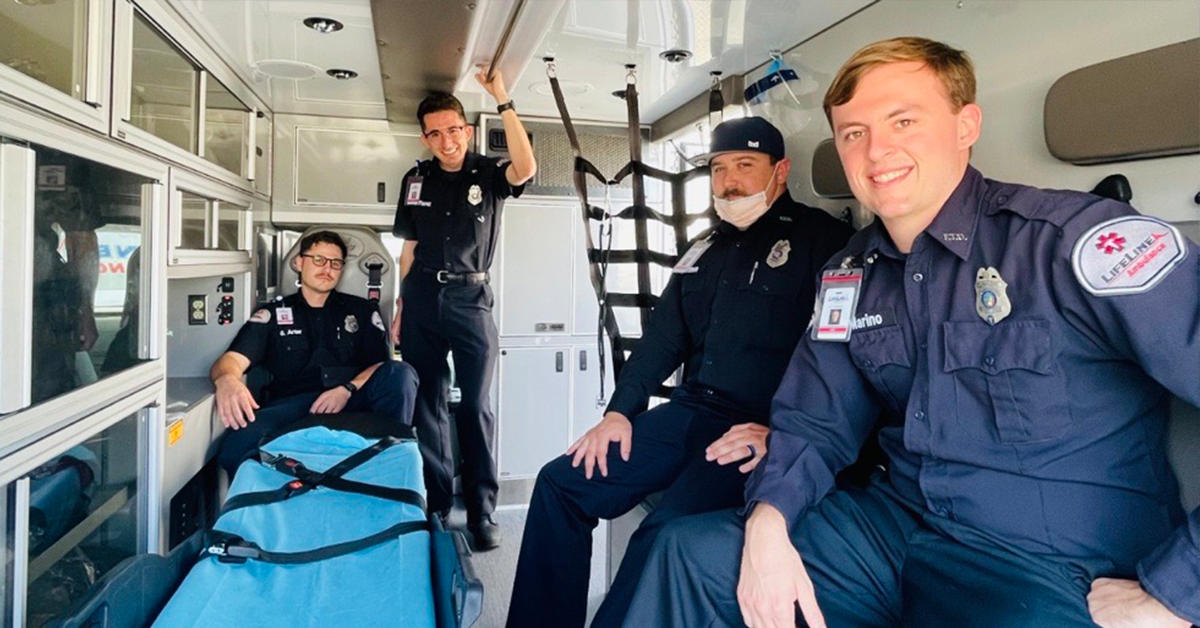A career in Emergency Medical Services (EMS) is more than just a job—it’s a pathway to personal and professional growth. For those looking to build a future in this vital field, LifeLine EMS in Los Angeles and Southern California offers an exceptional environment filled with opportunities for advancement. This article explores how LifeLine EMS provides a solid foundation for long-term career development and the various pathways available to employees eager to grow within the organization.
The Role of EMS Professionals
EMS professionals are often the first point of contact in emergencies, providing critical care and ensuring the safe transport of patients to medical facilities. Their role is crucial in the healthcare system, often bridging the gap between the scene of an incident and hospital care.
Key Responsibilities:
- Emergency Response: Arriving swiftly at the scene of an emergency to provide immediate medical assistance.
- Patient Assessment: Quickly evaluating a patient’s condition to determine the appropriate course of action.
- Medical Interventions: Administering lifesaving treatments such as CPR, wound care, and stabilizing patients for transport.
- Patient Transport: Safely transporting patients to hospitals while continuing to provide necessary care.
- Collaboration: Working closely with other healthcare providers and emergency personnel to ensure the best possible outcomes for patients.
Why Choose LifeLine EMS?
LifeLine EMS is committed to fostering a culture of continuous learning and development, making it an ideal choice for those looking to advance their careers in EMS. Here’s how LifeLine EMS stands out:
Comprehensive Training Programs
LifeLine EMS places a strong emphasis on training, ensuring that all employees are equipped with the skills and knowledge needed to excel in their roles. The organization offers extensive training programs that cover both fundamental and advanced aspects of emergency medical care.
- Basic and Advanced Life Support Training: LifeLine EMS provides training in essential skills such as CPR, AED usage, advanced airway management, and intravenous therapy.
- Specialized Training: Employees have the opportunity to pursue specialized training in areas such as pediatric emergency care, trauma response, and disaster preparedness.
- Continuing Education: LifeLine EMS supports ongoing education by offering access to advanced courses and certifications, along with tuition reimbursement for those pursuing further education.
Career Advancement Opportunities
One of the key benefits of working at LifeLine EMS is the clear pathway for career advancement. The organization is dedicated to helping its employees grow professionally, providing numerous opportunities to take on new roles and responsibilities.
Leadership Development
LifeLine EMS offers leadership development programs designed to prepare employees for supervisory and managerial positions. These programs focus on enhancing leadership skills, strategic thinking, and organizational management, laying the groundwork for a successful career in EMS leadership.
- Field Training Officer (FTO) Roles: Experienced EMTs can transition into Field Training Officer roles, where they mentor and train new recruits, sharing their knowledge and experience.
- Supervisory Positions: LifeLine EMS prioritizes internal candidates for supervisory roles, allowing employees to advance into positions where they oversee operations, manage teams, and ensure the delivery of high-quality care.
Internal Promotions
At LifeLine EMS, internal promotions are a key component of the organization’s commitment to employee development. The company values the experience and dedication of its employees, often promoting from within to fill advanced positions.
- Operations Management: Employees who demonstrate strong leadership and organizational skills may have the opportunity to move into operations management, where they oversee the daily activities of EMS teams.
- Administrative Roles: For those interested in the administrative side of EMS, LifeLine EMS offers pathways into roles that involve managing logistics, coordinating with healthcare facilities, and supporting the overall mission of the organization.
Pathways to Specialized Medical Roles
LifeLine EMS not only provides a foundation for a career in EMS but also offers pathways to more specialized medical roles. The experience gained as an EMT can serve as a stepping stone to advanced positions within the healthcare field.
- Paramedic Certification: EMTs at LifeLine EMS have the opportunity to pursue paramedic certification, which expands their scope of practice and allows them to perform more advanced medical procedures.
- Transition to Nursing or Healthcare Administration: Many EMTs use their experience as a launchpad for further education in nursing or healthcare administration, opening doors to a wide range of opportunities within the healthcare industry.
Competitive Compensation and Benefits
LifeLine EMS recognizes the hard work and dedication of its employees by offering competitive compensation packages and comprehensive benefits. This not only supports the well-being of employees but also provides additional incentives for career growth.
Competitive Salaries
LifeLine EMS ensures that its employees are fairly compensated for their skills and experience. Salaries are competitive within the industry, reflecting the demanding nature of the work and the expertise required.
Comprehensive Benefits
In addition to competitive salaries, LifeLine EMS offers a range of benefits that contribute to the financial security and overall well-being of its employees.
- Health and Dental Insurance: Comprehensive health and dental plans ensure that employees and their families have access to essential healthcare services.
- Retirement Plans: LifeLine EMS provides retirement savings plans, helping employees plan for their future financial security.
- Paid Time Off: Generous paid time off policies, including vacation days, sick leave, and personal days, help employees maintain a healthy work-life balance.
A Supportive Work Environment
A positive and supportive work environment is crucial for professional growth. LifeLine EMS fosters a culture of teamwork, respect, and open communication, ensuring that employees feel valued and supported as they pursue their career goals.
Mentorship and Support
LifeLine EMS pairs new employees with experienced mentors who provide guidance and support. This mentorship helps new team members build confidence and develop the skills needed to succeed in their roles.
Team Building
LifeLine EMS regularly organizes team-building activities and events that promote camaraderie and strengthen the bonds among team members. A strong team dynamic is essential for effective collaboration and high-quality patient care.
Open Communication
LifeLine EMS encourages open communication between all levels of staff. Regular meetings and feedback sessions ensure that employees’ voices are heard and their concerns addressed promptly, fostering a culture of transparency and trust.
Community Engagement and Impact
Beyond providing emergency medical services, LifeLine EMS is deeply committed to the communities it serves. The organization actively engages in community outreach and education, offering employees the chance to make a meaningful impact beyond their day-to-day responsibilities.
Public Health Education
EMS professionals at LifeLine EMS participate in public health education initiatives, including CPR training, first aid workshops, and emergency preparedness seminars. These efforts help improve community health and safety.
Community Events
LifeLine EMS regularly participates in community events, such as health fairs and safety demonstrations. These events provide opportunities for EMS professionals to connect with the community and promote health awareness.
School Programs
LifeLine EMS works with local schools to educate students about the importance of emergency preparedness and health. These programs inspire young people to consider careers in EMS and healthcare, fostering the next generation of EMS professionals.
Keep Reading
Want more? Here are some other blog posts you might be interested in.
Emergency Medical Services s a high-stress, physically demanding profession that requires dedication, quick decision-making, and resilience. While the rewards of saving lives...
Emergency Medical Services professionals are often the first point of contact during critical health crises. While technical expertise is essential in emergency...
Emergency Medical Services play a critical role in ensuring the health and safety of communities. In Southern California, including Los Angeles, the...






